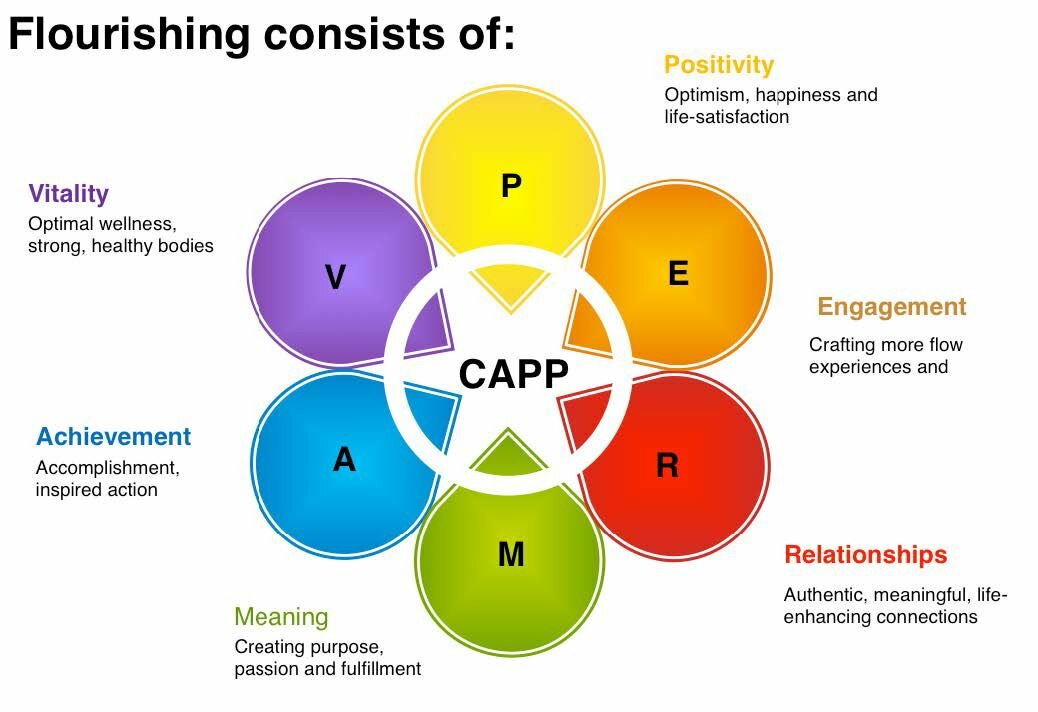Section 12 - Final Draft
WHAT IS HAPPINESS?
What is happiness? This is a question humans have been asking themselves for centuries on centuries. This is one of the most difficult, ambiguous questions that could be given. If you give it a quick Google search you will read some definitions that say something about how content or pleased one is, but there is always more to it than it seems. It is unique to each person, and it is an emotion that some are more likely to achieve than others.
Many believe that having a "good life" is obtainable in several ways. In this video, the narrator goes over philosophical histories, personal philosophies, and other aspects of life that can contribute to the happiness of our lives.
GREEK PHILOSOPHIES (Aristotle and Epicurus)
According to Aristotle, “Happiness depends on ourselves.” He believed that happiness was not so much as a simply achievable emotion, but a goal to strive for our whole lives. He determined if you fulfilled happiness by your physical health, wealth, lifestyle, and exercise of virtue you could achieve it; it was not merely just if something was pleasurable to you. Aristotle believed happiness to be something you could not truly feel until you have lived your entire life. He said that because man was a rational animal, human happiness was based on our practice of logic and intellectual decisions for our rationalization. He believed happiness to be the balance of your morals, goals, rationality, and overall quality of life. And if you prospered in those aspects of life, then you more than likely have achieved true happiness by the end.MY OWN PHILOSOPHY
I have personally been really into something called "positive psychology". Positive psychology is based off of a plethora of techniques that are encouraged to people in order to identify and amplify their personal positive emotions, trials, and characteristics about themselves. Listed in the diagram below are some of the steps of how to flourish and achieve these positive results. They consist of positivity, vitality, achievement, meaning, relationships, and engagement.
I believe that these things can highly improve the likelihood of happiness. But I believe happiness to be a state of mind. Not just a feeling, emotion, or end goal. I think you can hope to live a happy, fulfilled life, but you can also feel happiness along the way. Now, what makes a happy life a happy life? I would say that is most definitely a personal preference. Personally, a few of the things I would need to do in my life to feel fulfilled is to create a great legacy, inspire at least one person, know that I was a disciple to God, and know that I spread good virtue and mortality to everyone around me. And that covers the majority of what everlasting happiness means to me.
Another question I often think about would be, are sadness, misery, and loss all necessary in order to feel happiness? And I believe that they are because without feeling that pain and despair, then how can you know and appreciate what happiness truly is? I think everyone struggles, and those who struggle a little more, tend to not take things for granted in the long run. I can almost say I agree with Epicurus when it comes to happiness depending on fellowship with others and the simpler things in life, because I personally believe that when you throw in all the physical things of this world, the lines of what true happiness actually means can become a little blurry.
Quiz Questions: 1. Did Aristotle believe happiness was just an emotion or an end goal?
2. Do you agree with Aristotle or Epicurus more?
3. What is positive psychology?
Discussion Questions: 1. How do you know if you have lived a fulfilled and happy life?
2. Are pain and/or misery essential to achieve true happiness?
3. How do you feel about Aristotle’s philosophy of happiness?
Commented on: https://cophilosophy.blogspot.com/2019/12/no-mistakes-only-happy-accidents.html?showComment=1575682106721#c6525228397910377496

You'd have enjoyed our just-concluded Philosophy of Happiness class, where the focus was on Epicurus and the Stoics. And there was a very good report on Positive Psychology...
ReplyDeletehttp://philoshap.blogspot.com/2019/12/positive-psychology-action-plan-for.html